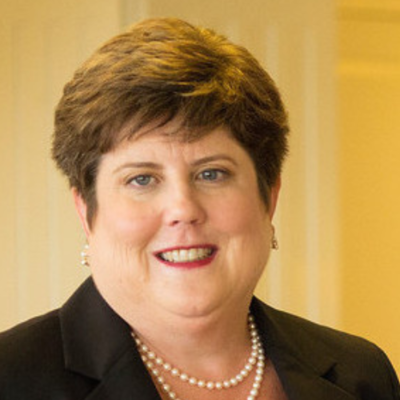
As most of official Washington enjoys the lull of August recess, voters in Alabama are headed to the polls on Tuesday for the first round in the special election to serve the remainder of former GOP U.S. Sen. Jeff Sessions’ term.
To date, all the activity has been on the Republican side where seven candidates are vying for the nomination. At this point, though, it is really a three-way race between U.S. Sen. Luther Strange, who was appointed to the seat when Sessions resigned, U.S. Rep. Mo Brooks, and former state Supreme Court Justice Roy Moore. The race has had two themes. The first is a battle over which of the candidates is the staunchest supporter of President Trump. The second is which candidate is most opposed to the current Republican Senate leadership.
Strange is the incumbent and thus has the support of the GOP leadership, the NRSC and the Senate Leadership Fund. At the same time, he has been the subject of attacks from both Moore and Brooks as being a denizen of Washington’s swamp and thus part of the problem. The Club for Growth and the Senate Conservatives Fund have endorsed Brooks.
Public polling has tended to show Moore in first place with about 30 percent, with Strange in second with support in the mid- to high-20s, and Brooks in the teens. There have been a couple of polls that have had Brooks in second place. Strategists say that might have been true following the shooting that injured House Majority Whip Steve Scalise when Brooks was a fixture on television, but after TV ads reminding voters of his opposition to Trump’s candidacy during the campaign, his numbers have settled in the mid-teens. The one thing that these polls make clear is that none of the three frontrunners is within striking distance of the 50 percent of the vote needed to avoid a run-off.
As of last Tuesday morning, it appeared that Strange was destined to come in second in the primary. As of Tuesday night, his fortunes were much improved after Trump endorsed him via, what else, Twitter. That endorsement quickly made its way into television ads, giving Strange a major boost. While some observers are predicting that the endorsement might be enough to get Strange to 50 percent, avoiding a run-off, it seems unlikely given the size of the field.
Between Strange and his allies, the incumbent has had the most financial resources. At this writing, Strange’s campaign has aired $1.33 million in broadcast, cable and radio ads, while the Senate Leadership Fund has put $2.4 million on the air and One Nation has spent $522,000 on ads for a total of $4.25 million. By contrast, Moore has aired just over $3 million in advertising, and Brooks has spent $861,000.
Despite the fact that there are seven Democratic candidates, their primary has gotten almost no attention. The conventional wisdom is that former U.S. Attorney Doug Jones is the frontrunner. The field is so obscure that it is possible that Jones might avoid a run-off. The most likely scenario is that Strange and Moore will meet in a September 26 primary. Whoever wins that race will be a heavy favorite in the December 12 general election.
Image credit: AP


Subscribe Today
Our subscribers have first access to individual race pages for each House, Senate and Governors race, which will include race ratings (each race is rated on a seven-point scale) and a narrative analysis pertaining to that race.